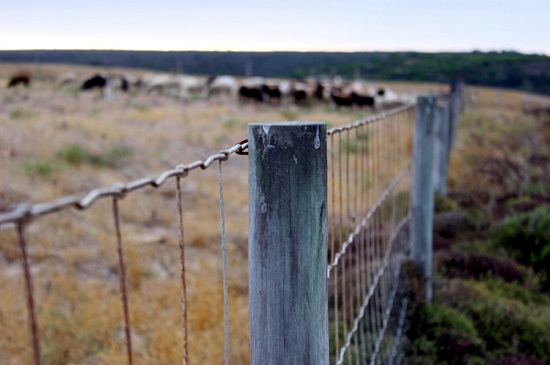
High fences have been used across the country since the 1930s to manage game and game breeding. High fence installations are considered essential to a property’s security and safety. An increasing number of property owners have been engaging the services of high fence contractors through the years due to the following benefits:
- Herd control. Deer and other game can be efficiently fenced in or out of a property. This can help to prevent disputes, theft, and potential property damages. The landowner can also use high fences to help regulate populations depending on the capacity of the land.
- Improved scientific data gathering. Using high fences, biologists can estimate herd size, adult sex ratio, reproduction, and other parameters.
- Prevents the incidence of vehicle collisions. High fence enclosures near public roads can lower the risk of accidents.
High fence regulations vary from state to state. Learn more below about high fence installation regulations in the Southeastern states.
Alabama
The state of Alabama is free-wheeling when it comes to high fence properties and enclosures. There are no minimum acreage requirements or permits to be filed, but hunters are required to adhere to state hunting regulations.
Florida
There are no high fence regulations in Florida, and any resident can install a high fence around a property. The maximum height of any fence is eight feet, and it must be installed 2 to 8 inches from a property line. Any game enclosed within a high fence is considered state property.
Hunting preserves in Florida must be at least 200 acres to qualify for a license; at least 50 percent of that area should be well-vegetated and posted every 500 feet, and a preserve’s high fence must be at least 8 feet in height.
Georgia
The state of Georgia allows anyone who owns 640 acres of land to install a high fence on their property. All game within high fence properties is considered state-owned and local hunting regulations must be followed.
Properties smaller than 640 acres must obtain a permit to erect a high fence.
Louisiana
The Louisiana Department of Wildlife and Fisheries does not officially approve of high fences. Landowners may prevent anyone from hunting or fishing in their property. However, any captured wildlife, despite the prohibition of entry, belongs to the captor.
Mississippi
High fence property owners in Mississippi are required to obtain an annual Facility Permit, which costs $300 a year for enclosures up to 300 acres. Properties larger than 300 acres must pay a fee of $1 per acre.
The state’s Enclosure Management Assistance Program oversees all high fence enclosures. A wildlife biologist from the Mississippi Department of Wildlife, Fisheries, and Parks (MDWFP) will draft a management plan for the licensed enclosure and conduct inspections as needed.
Breaches or openings in an enclosure must be reported to the MDWFP within 24 hours of discovery. Any game that escapes from a high fence enclosure and poses a risk to public safety may be captured and/or euthanized by MDWFP representatives or by any law enforcement agency.
Virginia
With the exception of high fence enclosures registered before August 2001, all fences that impede game movement are considered illegal in the state of Virginia.
Should there be a need to build a fence between neighbors, an owner of the game or livestock has to pay for the construction, maintenance, and preservation of the fence.
High fencing regulations are continuously evolving, and seasoned high fence contractors should be familiar with all of state and local laws. Consult with your state wildlife agency and local law enforcement officials for the latest updates.
Straight Shooter Game Fencing is a high fence contractor specializing in high-tensile game fence. We deliver the best fencing installation and maintenance services, as well as fencing materials, at competitive prices. Get in touch with us to know more.
